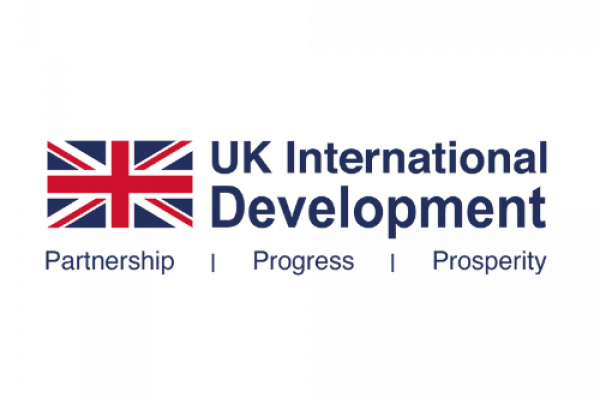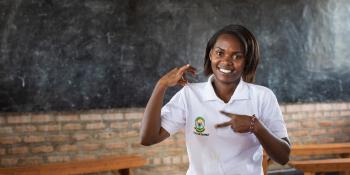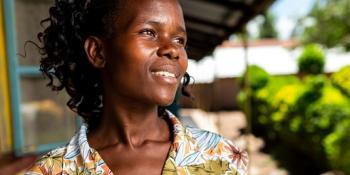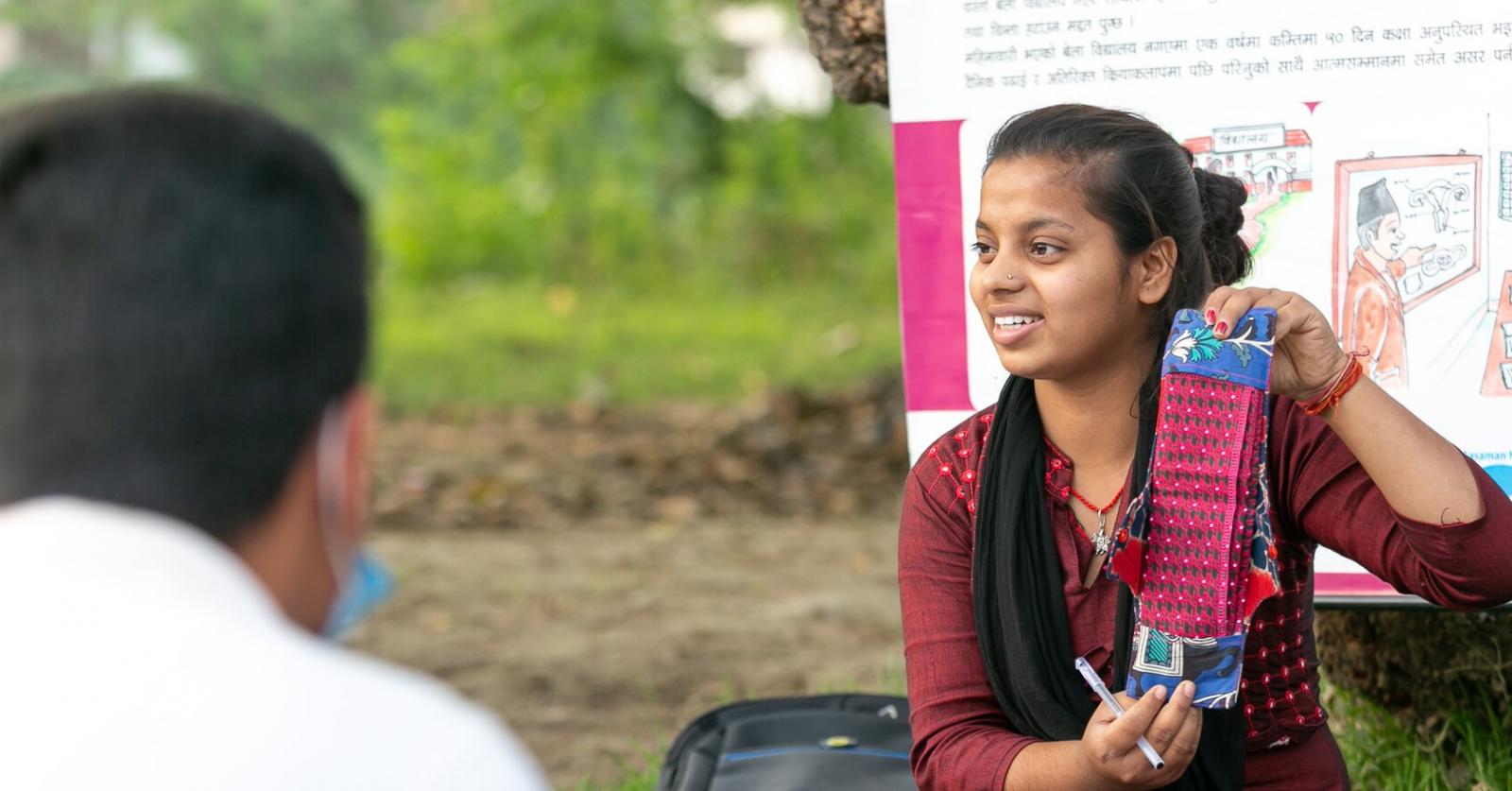This project has now ended.
In Nyagatere, an isolated region of Rwanda, the Imbere Heza (Bright Futures) project works to improve sexual and reproductive health and rights (SRHR) for marginalised and at-risk Deaf young people.
As a result, increasing numbers of Deaf young people have received previously-inaccessible SRHR information, enabling them to improve not only their health - but also their wider life chances. The scheme has also helped to identify at-risk Deaf young people, who are then further supported to participate in our livelihood skills development projects.
We've trained 200 community health workers in Rwandan Sign Language.
We've supported 250 Deaf young people to improve their understanding of SRHR issues.
We've engaged 3,000 parents and community members in the issues faced by Deaf young people.
We've supported ten Deaf graduates with the skills and materials to start up their own small businesses.
Training healthcare providers in sign language and Deaf culture
The project has trained 200 healthcare providers in Deaf culture and Rwandan Sign Language (RSL).
Community health workers identified 250 Deaf young people aged 15-24, and have subsequently raised awareness of their family planning needs, as well as the potential SRH risks they might experience.
Breaking down communication barriers
By working proactively with their communities, health workers also identified that many of the participants would benefit from taking part in RSL sessions alongside them, as many only knew basic sign language and lacked an understanding of the specific signs most relevant to sexual and reproductive health. By breaking down these communication barriers, the project has helped to make the provision of SRH services more inclusive of Deaf young people.
Improved services for the Deaf community
I'm happy I can now communicate and attend to my Deaf patients. I look forward to visits from them as I can finally understand them and provide them with the treatment they need.Nurse at the Rurenge Health Centre, Nyagatare District
As a direct result of the project, advances in healthcare providers’ skills, alongside changes in their approach and attitudes, have led to an improved sexual health service - not only for young people, but also for wider Deaf community.
Healthcare providers have developed a proactive human rights approach to ensure Deaf people can access family planning information and services, whilst also providing increased support and protection for children born to young Deaf mothers.
By gaining skills in basic Rwandan Sign Language (RSL) and learning about Deaf culture, healthcare providers have reduced any fear of working with Deaf clients. This has resulted in improved family planning provision to young Deaf women. For example, before the project, five Deaf women at one health centre were reportedly prescribed a contraceptive they did not want; following training, health workers at this centre feel more confident interacting with Deaf clients and have ensured these women receive their preferred choice.
Working with national volunteers
The input of Brown Niyonsaba, a Deaf volunteer from Rwanda, has been fundamental to the project’s success. Brown has worked to provide SRH information to young people, delivered RSL training, and encouraged community health workers to keep practising their new language skills.

By acting as an inspirational role model to other young Deaf people and to the wider community, she has helped to break down stereotypes surrounding Deaf people, whilst also raising the visibility of people living with disabilities more broadly.
Scaling up for the future
Thanks to the project's successes so far, we're looking to increase the reach of Imbere Heza, starting with collecting robust examples of best practice, whilst seeking further funding to reach more young people across the country.
Stories from Imbere Heza:

The Deaf volunteer struggling for health equality
Around the world, people with disabilities face additional barriers to getting quality healthcare. Brown Niyonsaba, 31, is a young Deaf woman volunteering to change this in her native Rwanda.
Leaving no one behind in global health
Despite significant leaps forward in global health over the past few decades, millions of people are unable to access the healthcare they deserve. It’s now imperative that we reach those left behind before it's too late.

5 facts about women's rights around the world
While much progress has been made towards creating equality for women, the fight continues. In this blog, we celebrate some key achievements of women around the world and understand how much further we have to go...

Support us with a donation
